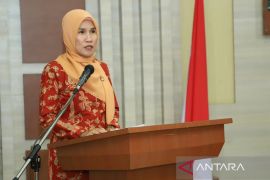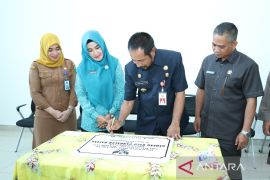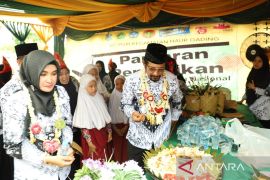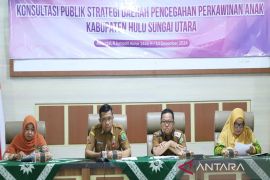Amuntai, Kalsel (ANTARA) - Manajemen Perusahaan Daerah Air Minum (PDAM) Kabupaten Hulu Sungai Utara (HSU), menggandeng Kejaksaan Negeri setempat untuk mengurangi tunggakan pembayaran tagihan penggunaan air.
Pjs Direktur PDAM HSU Andy Irawan, mengatakan, kesulitan saat ini hanya sisa penunggak lama yang belum kunjung membayar tunggakan.
Semenjak ada kerjasama, ada penurunan drastis terhadap tunggakan berkat bantuan dari penagihan dari Kejari HSU.
“Terima kasih kepada Kejaksaan Negeri HSU, kerjasama selama ini terjalin dengan baik dan membantu kami dalam penagihan kepada penunggak tagihan PDAM,” ujarnya, Rabu (4/9/2024).
Kerjasama ini berfungsi dalam hal melakukan penagihan kepada penunggak pembayaran tagihan PDAM.
Kajari HSU, Agustiawan Umar, mengapresiasi PDAM HSU yang telah membangun kerjasama yang baik selama ini dengan Kejari HSU.
“MoU ini terjalin karena hubungan kerja sama yang di bangun dengan pihak kami dan PDAM HSU, berjalan dengan baik,” ujar kajari.
Sementara itu, Kasi Datun, Tri Taruna menjelaskan kerjasama ini untuk ketiga kalinya antara PDAM dengan pijak.
“MoU ini punya batas waktu di mana setiap dua tahun harus kembali diperbarui sajak ditandatangani kedua belah pihak,” ujar Tri.
PDAM HSU gandeng Kejari tuunkan tunggakan pembayaran
Rabu, 4 September 2024 22:30 WIB
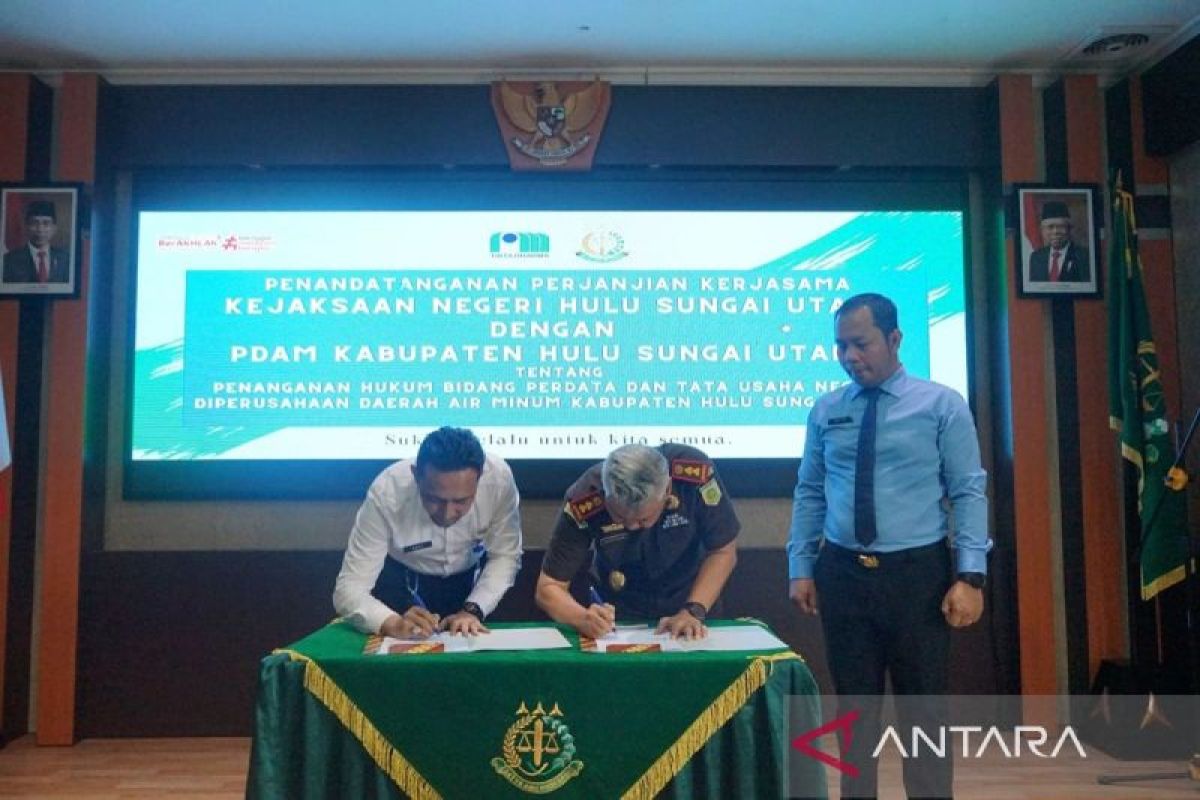
Kajari HSU Agustiawan Umar dan Plt Direktur PDAM HSU Andi Iriawan teken MoU dua tahunan di Aula Kejaksaan HSU, Rabu (4/9/2024). (FOTO.ANTARA-HO/IST/hmskominfohsu)



